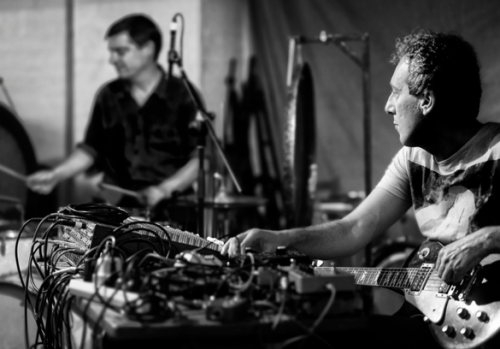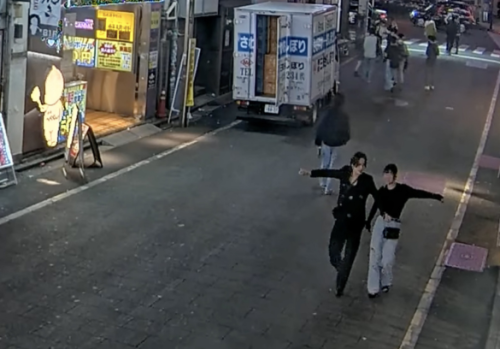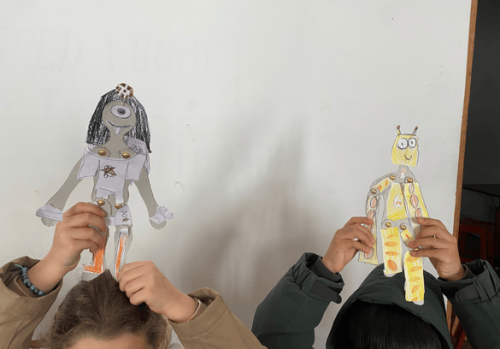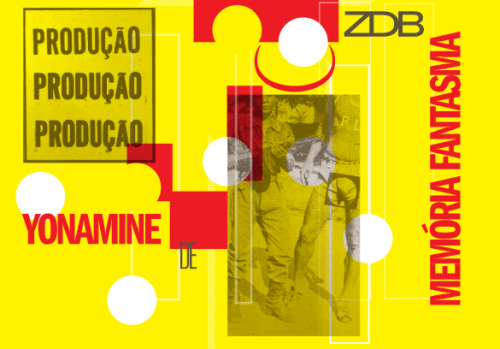Unlike Bar Italia, the band that introduced Nina Cristante to a new audience, she gives interviews. It’s not that you get to know much more about Nina through them, but you do get to know a number of things that help to align certain points or, at least, to believe in a certain reality. Nina has a close relationship with Dean Blunt and since she started releasing music – about ten years ago – there has been a kind of aura in which you can debate truth and fiction. For example, her real job is as a personal trainer. She’s also a nutritionist. These two elements may well be true.
Because they come together with music. And to the idea – which has always been a good one, with her and with the bar italia – that all this is temporary (even though it isn’t, but it’s important to accept that in order to get into the swing of things). In 2015 she released Fitness Povero – Homeworks OST to accompany her fitness workouts. Since then, her music has appeared in author’s editions or through World Music – Dean Blunt’s label – in an almost always digital record, in cryptic releases that contribute to Nina’s aura. Born in Rome, she moved to London when she was very young. Alone, to try her luck. Fortune has smiled on her, the Italian bars have become an overnight phenomenon – they barely signed to Matador in 2023 – and her solo career has been discovered by those who weren’t paying attention. The truth is that they didn’t have to be, for years Nina was something that lived in the surreal imagination of World Music, which is almost experienced as a cult and sometimes punishes those who aren’t paying attention: some music disappears as quickly as it appears. This sort of vague thing, or smoke, that surrounds Dean Blunt suits Nina perfectly. And vice versa.
The solo pop/rock isn’t as upfront as in the bar italia. Whether it’s on Classics (2021) or Twins (2020) or the songs that drop in here and there, there’s a pop drag that aligns itself with constant disappearance. Nina’s music can’t exist without the fog it creates, as if it wanted to disappear into itself, that is, to be extinguished after being heard. If it is the music that confirms Nina’s existence, it is also the music that insists on Nina being heard as something fleeting, momentary, ready to disappear. Rather than imprinting an urgency to be heard, it confers the need to savor the moment. As if each song were telling us that it will be the last we hear. Without drama or exaggeration, it’s the gesture of someone who creates something for a purpose, around a purpose and who lives for that purpose. That’s why we know that Nina is real, that her music is real and that we can accept her as real. AS


































